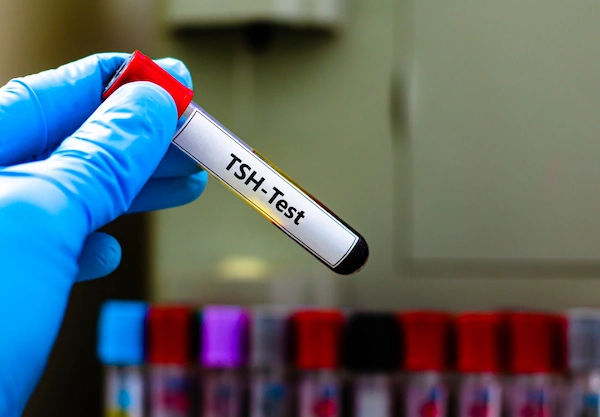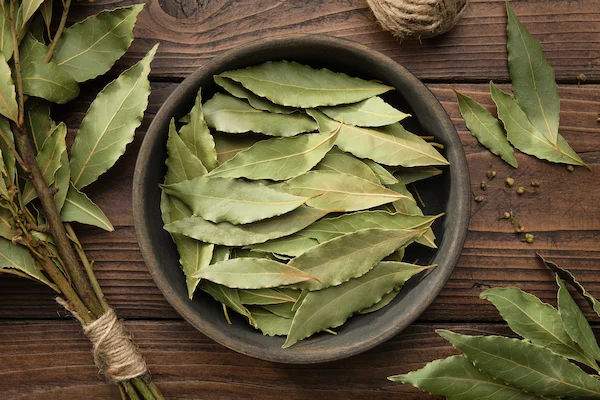Benefits of Arbi
Discover the health benefits of arbi (taro root), including improved digestion, better heart health, weight management, and rich fibre content for overall wellness.

Written by Dr.Sonia Bhatt
Last updated on 13th Jan, 2026

Introduction
Arbi, also known as taro root or colocasia, is a starchy vegetable widely used in Indian cuisine. While it may not be as popular as potatoes or carrots, arbi is packed with nutrients and offers numerous health benefits. If you're looking for a healthy addition to your diet, arbi might just be the perfect choice. In this article, we’ll learn about the benefits of Arbi.
What is Arbi?
Arbi, taro root or colocasia, is a root vegetable with a rough, brown outer skin and a creamy white or light purple interior. It has a slightly nutty and earthy flavour, making it a versatile ingredient in curries, fries, and snacks. Beyond its culinary uses, arbi is rich in essential vitamins, minerals, and fibre, making it a great food for overall health.
Nutritional Value of Arbi
Arbi is low in calories but high in nutrients. Here’s what a 100-gram serving of cooked arbi contains:
Calories: 112
Carbohydrates: 26g
Fiber: 4g
Protein: 2g
Vitamin C: 11% of the daily value (DV)
Vitamin E: 19% of the DV
Potassium: 15% of the DV
Magnesium: 10% of the DV
Iron: 5% of the DV
Consult Top Nutritionist/Dietician
Top Health Benefits of Arbi
Some of the top health benefits of Arbi are:
1. Supports Digestive Health
Arbi is rich in dietary fibre, which helps regulate bowel movements and prevents constipation. The fibre content also promotes the growth of good gut bacteria, improving digestion and reducing bloating.
2. Boosts Heart Health
The potassium in arbi helps regulate blood pressure by balancing sodium levels in the body. Additionally, its fiber content helps lower bad cholesterol (LDL), reducing the risk of heart disease.
3. Aids in Weight Management
Despite being starchy, arbi has a low glycaemic index (GI), meaning it releases sugar slowly into the bloodstream, preventing sudden spikes in blood sugar levels. This makes it a great food for weight management and diabetes control.
4. Strengthens Immunity
Arbi is rich in vitamin C and antioxidants, which help strengthen the immune system and protect the body from infections and diseases.
5. Good for Skin and Hair
The vitamin E and antioxidants in arbi promote healthy skin by reducing oxidative stress and preventing premature ageing. It also supports hair health by improving scalp circulation and reducing hair fall.
6. Helps Control Blood Sugar Levels
Due to its high fibre content and low GI, arbi helps maintain stable blood sugar levels, making it a good choice for people with diabetes when consumed in moderation.
7. Supports Bone Health
Arbi contains essential minerals like calcium, magnesium, and phosphorus, which contribute to strong bones and prevent conditions like osteoporosis.
How to Include Arbi in Your Diet?
Arbi can be cooked in various delicious ways:
Arbi Curry: A spicy and tangy dish made with yogurt or coconut milk.
Arbi Chips: Thinly sliced and baked or fried for a crunchy snack.
Arbi Sabzi: Stir-fried with spices like turmeric, cumin, and coriander.
Arbi Kofta: Deep-fried or baked arbi balls in a rich gravy.
Precautions While Consuming Arbi
While arbi is highly nutritious, there are a few things to keep in mind:
Must Be Cooked Properly: Raw arbi contains calcium oxalate, which can cause throat irritation. Always cook it thoroughly before eating.
Moderation is Key: Due to its starch content, excessive consumption may lead to weight gain.
Allergies: Some people may be allergic to arbi. If you experience itching or swelling, discontinue use.
Conclusion
Arbi, or taro root, is a nutrient-rich vegetable that offers multiple health benefits. From aiding digestion and managing weight to supporting heart health and boosting energy, it’s a valuable addition to a balanced diet. Including arbi in your meals can be a tasty and wholesome way to enhance your overall well-being.
Consult Top Nutritionist/Dietician
Consult Top Nutritionist/Dietician

Ms. Sreeparna Dey Dhara Deb
Dietician
10 Years • DNHE
Bansdroni
Siddhita Healthcare., Bansdroni

Mr Aritra Khan
Dietician
16 Years • PG Diploma in Clinical Nutrition,Doctorate in Public Health & Community Nutrition, Post Doctorate Fellowship in Functional Medicine & Critical Care Nutrition
Kolkata
Samaritan Clinic, Kolkata
(250+ Patients)

Ms. Samapti Maity
Dietician
16 Years • MSc. (Clinical Nutrition & Dietitics), NDEP, Course in Maternal Infant Young Child Nutrition.Diploma in Sports Nutrition, Diploma in Diabetic educator, FODMAP Specialist
Kolkata
BIENETRE CLINIC, Kolkata

Ms. Malabika Datta
Dietician
17 Years • Msc. in Dietetics & Food Service Management
Kolkata
Dr Utsa Basu Clinic, Kolkata
(25+ Patients)

Ms. Soma Saha
clinical nutrition
17 Years • B.Sc. - Home Science (Food & Nutrition), M.Sc. - Home Science (Food & Nutrition)
Kolkata
Dr Utsa Basu Clinic, Kolkata
(50+ Patients)
Consult Top Nutritionist/Dietician

Ms. Sreeparna Dey Dhara Deb
Dietician
10 Years • DNHE
Bansdroni
Siddhita Healthcare., Bansdroni

Mr Aritra Khan
Dietician
16 Years • PG Diploma in Clinical Nutrition,Doctorate in Public Health & Community Nutrition, Post Doctorate Fellowship in Functional Medicine & Critical Care Nutrition
Kolkata
Samaritan Clinic, Kolkata
(250+ Patients)

Ms. Samapti Maity
Dietician
16 Years • MSc. (Clinical Nutrition & Dietitics), NDEP, Course in Maternal Infant Young Child Nutrition.Diploma in Sports Nutrition, Diploma in Diabetic educator, FODMAP Specialist
Kolkata
BIENETRE CLINIC, Kolkata

Ms. Malabika Datta
Dietician
17 Years • Msc. in Dietetics & Food Service Management
Kolkata
Dr Utsa Basu Clinic, Kolkata
(25+ Patients)

Ms. Soma Saha
clinical nutrition
17 Years • B.Sc. - Home Science (Food & Nutrition), M.Sc. - Home Science (Food & Nutrition)
Kolkata
Dr Utsa Basu Clinic, Kolkata
(50+ Patients)




